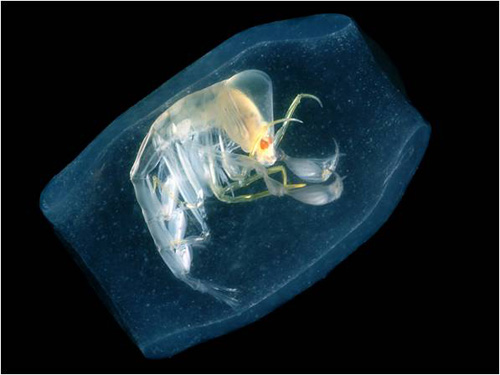Collaborative Research Shows there are Fewer Species on Earth than Previously Believed
Posted on: 05 October 2011
Speculation as to how many species exist on Earth has interested scientists for hundreds of years, and estimates have varied by tens of millions. A collaborative study by researchers at Trinity College Dublin and the University of Auckland’s Leigh Marine Laboratory concluded that there are likely to be just 1.8 to 2 million species in total on Earth. The study, entitled ‘Predicting total global species richness using rates of species description and estimates of taxonomic effort’, was published recently in the journal Systematic Biology.
The paper, which was written by Associate Professor of Statistics at Trinity’s School of Computer Science and Statistics, Simon Wilson, Trinity post-doctoral student Brett Houlding, and former lecturer at Trinity’s School of Natural Sciences Professor Mark Costello, was presented at the World Conference on Marine Biodiversity which took place recently in Scotland. Their work forms the most statistically rigorous approach to date of predicting global species richness, focusing on rates of description of marine, terrestrial and freshwater species recorded in the World Register of Marine Species and Catalogue of Life databases.

Phronima shrimp living in a salp.
Using statistical methods to take the data and produce estimates of the number of species remaining, the authors predicted that 24-31% more marine species, and 21-29% more terrestrial species remain to be discovered. The authors also concluded that around 16% or 300,000 of the world’s species are marine – significantly fewer than previously thought. Trends in the rate of discovery of new species are now more or less constant however greater taxonomic effort goes into locating them. Each year approximately 18,000 species, including 2,000 marine species are discovered and described. The authors note that with a modest increase in effort or efficiency, about 1 million new species will be discovered and described in the next 50 years, aiding conservation efforts.
As fewer species remain to be discovered they will be harder to find, and greater coordination of international efforts and free access to online databases will be required to ensure that all species are discovered this century. The full research paper can be viewed online. The Trinity College Dublin research is funded by SFI.
